Biology
«En cada paseo con la naturaleza, uno recibe mucho más de lo que busca.» – John Muir
Subject information
ENTRY DETAILS
Exam board: IAL Edexcel
Specification: International Advanced Level (cash-in code: YBI11)
HOW I WILL BE ASSESSED?
Examination: The course is examined in January and June of both Year 12 and Year 13
COURSE DETAILS
Unit 1: Molecules, Diet, Transport and Health
- Molecules, Transport and Health
- Membranes, Proteins, DNA and Gene Expression
Unit 2: Cells, Development, Biodiversity and Conservation
- Cell Structure, Reproduction and Development
- Plant Structure and Function, Biodiversity and Conservation
Unit 3: Practical Skills in Biology I
- Students are expected to develop experimental skills, and a knowledge and understanding of experimental techniques, by carrying out a range of practical experiments and investigations while they study Units 1 and 2
Unit 4: Energy, Environment, Microbiology and Immunity
- Energy Flow, Ecosystems and the Environment
- Microbiology, Immunity and Forensics
Unit 5: Respiration, Internal Environment, Coordination and Gene Technology
- Respiration, Muscles and the Internal Environment
- Coordination, Response and Gene Technology
Unit 6: Practical Skills in Biology II
- Students are expected to further develop the experimental skills and the knowledge and understanding of experimental techniques they acquired in units 1 and 2, by carrying out a range of practical experiments and investigations while they study units 4 and 5
ASSESSMENT OVERVIEW, DURATION AND WEIGHTING
Unit 1 – Written examination 1h and 30 min (20% of qualification – 80 marks)
Unit 2 – Written examination 1h and 30 min hours (20% of qualification – 80 marks)
Unit 3 – Written examination 1 hour and 20 minutes (10% of qualification – 50 marks)
Unit 4 – Written examination 1h and 45 min (20% of qualification – 90 marks)
Unit 5 – Written examination 1h and 45 min (20% of qualification – 90 marks)
Unit 6 – Written examination 1 hour and 20 minutes (10% of qualification – 50 marks)
| Exam Papers | % of IAL | Assessment overview |
|---|---|---|
| Unit 1 | 20 | The paper may include multiple-choice, short-open, open-response, calculations and extended-writing questions based on the content of Unit 1. The paper will include a minimum of 8 marks that target mathematics at Level 2 or above. Candidates will be expected to apply their knowledge and understanding to familiar and unfamiliar contexts. |
| Unit 2 | 20 | The paper may include multiple-choice, short-open, open-response, calculations and extended-writing questions based on the content of Unit 2. The paper will include a minimum of 8 marks that target mathematics at Level 2 or above. Candidates will be expected to apply their knowledge and understanding to familiar and unfamiliar contexts. |
| Unit 3 | 10 | This unit will assess students’ knowledge and understanding of experimental procedures and techniques that were developed in units 1 and 2. The paper may include short-open, open-response and calculation questions. The paper will include a minimum of 5 marks that target mathematics at Level 2 or above. Candidates will be expected to apply their knowledge and understanding of practical skills to familiar and unfamiliar situations. |
| Unit 4 | 20 | The paper may include multiple-choice, short-open, open-response, calculations and extended-writing questions. The paper will include a minimum of 9 marks that target mathematics at Level 2 or above. Candidates will be expected to apply their knowledge and understanding to familiar and unfamiliar contexts. This paper may contain some synoptic questions which require knowledge and understanding from units 1 and 2. |
| Unit 5 | 20 | The paper may include multiple-choice, short-open, open-response, calculations and extended-writing questions. Pre-released reading (scientific article) will be provided for this assessment. The paper will include a minimum of 9 marks that target mathematics at Level 2 or above. Candidates will be expected to apply their knowledge and understanding to familiar and unfamiliar contexts. This paper may contain some synoptic questions which require knowledge and understanding from units 1 and 2. |
| Unit 6 | 10 | This unit will assess students’ knowledge and understanding of the experimental procedures and techniques that were developed in units 1, 2, 4 and 5. The paper may include short-open, open-response and calculation questions. The paper will include a minimum of 5 marks that target mathematics at Level 2 or above. Candidates will be expected to apply their knowledge and understanding of practical skills to familiar and unfamiliar situations. |
WIDER READING
Dawkins, R. (2006) The Selfish Gene. 30th Anniversary Edition. Oxford: Oxford University Press.
Watson, J.D. (1968) The Double Helix: A Personal Account of the Discovery of the Structure of DNA. London: Weidenfeld & Nicolson.
Goldacre, B. (2008) Bad Science. London: Fourth Estate.

